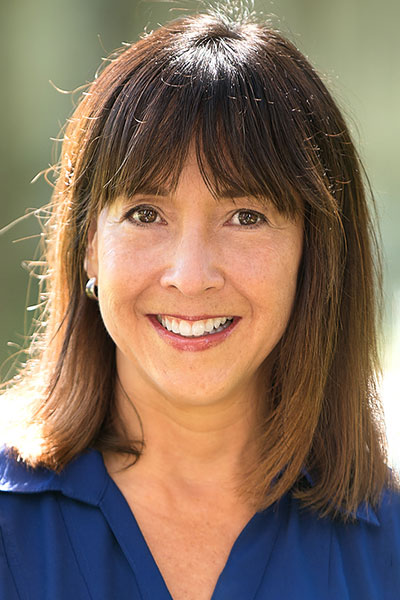
The ACR Convergence 2020 session Grit, Gratitude and Grace: Resilience Despite the Pain saluted those who thrive while living with chronic illnesses, looked at the traits common in those people, and shared practical advice about how to improve in all three areas.
Afton Hassett, PsyD, associate professor in the Department of Anesthesiology and a principal investigator at the Chronic Pain & Fatigue Research Center, University of Michigan, opened with an overview of what the concepts of grit, gratitude, and grace mean through the lens of the person dealing with a rheumatologic disease. Cassandra Marcella Metzger, JD, MA, C-IAYT, a wellness travel designer, yoga instructor, and former PBS attorney, then followed with her own story about what she’s learned from being a person who has dealt with chronic pain for two decades.
Registered ACR Convergence 2020 attendees have on-demand online video access to watch a replay of the session through Wednesday, March 11, 2021.

More research is showing that grit, gratitude, and grace help people be more resilient when faced with adversity, Dr. Hassett said.
For example, a study of West Point cadets showed that grit—having perseverance, an acceptance of limitations, and a growth mindset—was a better predictor of ability to sustain the rigors of training more than intelligence, physical ability, and grades. For those dealing with chronic pain, Dr. Hassett said, grit can give greater pain tolerance and help people exercise longer.
Gratitude involves the concepts of perspective, reframing, and mindfulness. Dr. Hassett noted that the resulting positive emotions have profound impacts on the body, including increased immune function, cardiovascular benefits, lower cortisol response to stress, reduced risk of stroke, and less frequent episodes of depression.
Grace can have elements that are spiritual and connecting to humanity, but Dr. Hassett said it was best defined by viewing it as what gets somebody up and out of bed in the morning and excited about the day. The possibilities about what that purpose and meaning can be are endless.
“Having a strong sense of purpose in life is good medicine,” Dr. Hassett said. “And that might be a bit of an overstatement, but it’s associated with the things we all want to see. There’s less anxiety and depression when people have a sense of purpose. The little things aren’t so overwhelming and difficult. We see healthier aging again because having a purpose in life is associated with more positive emotions, and positive emotions are greatly influential in changing many health outcomes.”
Metzger followed with a discussion of her journey from being a “type-A” person working on master’s and law degrees in the evening while working days and also running, rowing, biking, dancing, and practicing yoga to having a difficult-to-diagnose disease that led to chronic pain and doubt and lack of support from her family, who didn’t understand what she was going through. Metzger eventually became inured to having low energy and function and constantly not feeling well.
“It really messes with your identity and your self-esteem,” Metzger said. “And it makes it really difficult to advocate for yourself, which is a terrible catch-22 because our health system seems to require that. And if you’re not 100% sure yourself, it can be very hard to advocate for yourself about what your medical needs are and to speak up with confidence when you don’t have that emotional support.”
Over the years, she has used grit, gratitude, and grace to make important lifestyle changes to cope with her illness, especially meditation, breath work, sleep hygiene, and movement. She’s also embraced the philosophies of stoicism (managing expectations and learning how to deal with reality), wabi-sabi (learning to embrace imperfection and understanding the pitfalls of perfectionism), and the Buddhism concept of going around obstacles instead of trying to overcome and overpower them.
From all this, Metzger has gained compassion, perseverance, and creativity.
“I also I think I’ve gained a lot of wisdom. I’ve come to believe that failure is only failure if you give up,” she said. “Otherwise, you just couch it as experience. Until I got sick, I used to value more the life of my mind and books and studies and school, and I got greatly rewarded for that. Now, I also, if not more so than before, weigh what’s experiential knowledge—what are you feeling in your body? What are the sensations?—and honoring that and not just trying to mentally push my way through.”


